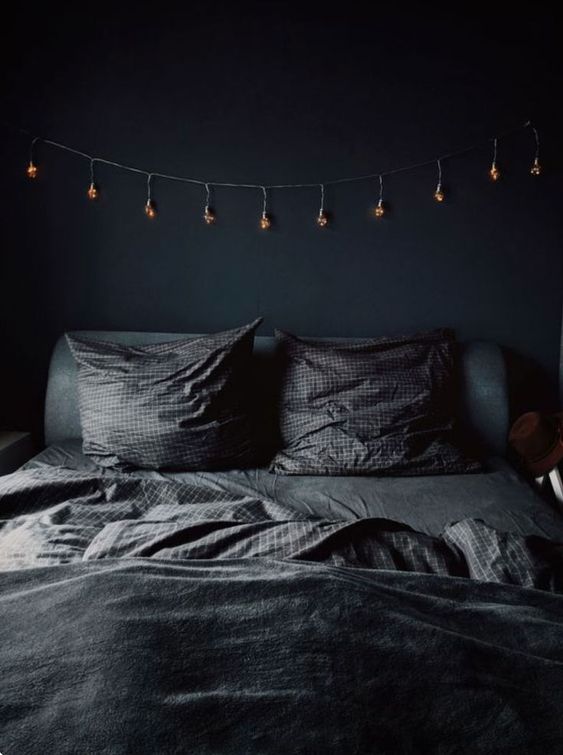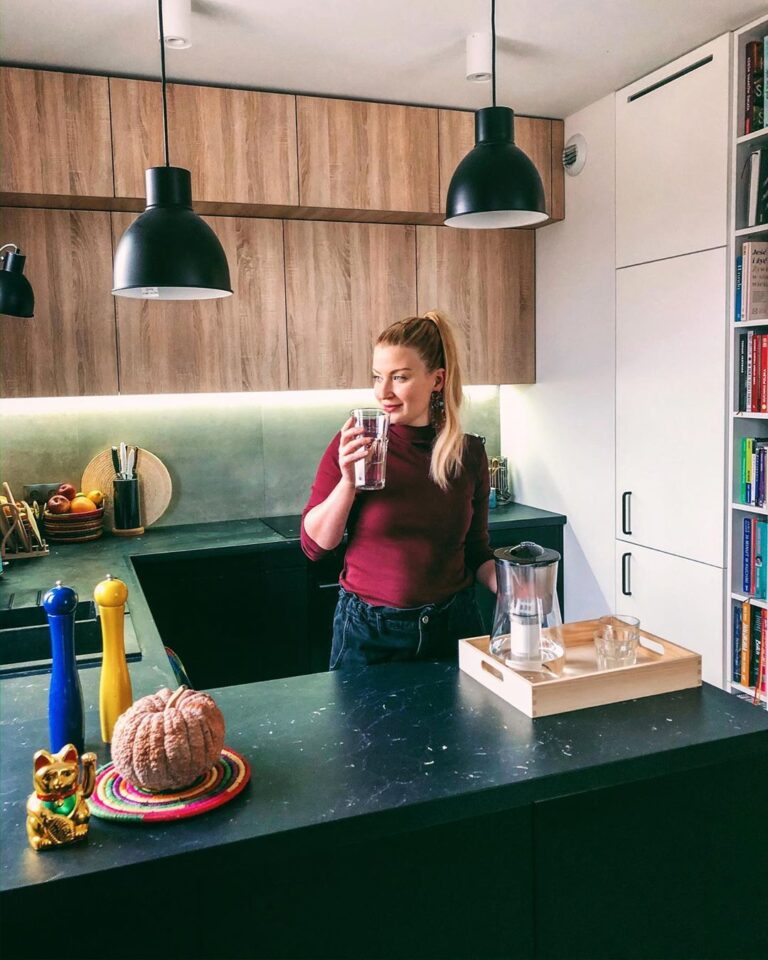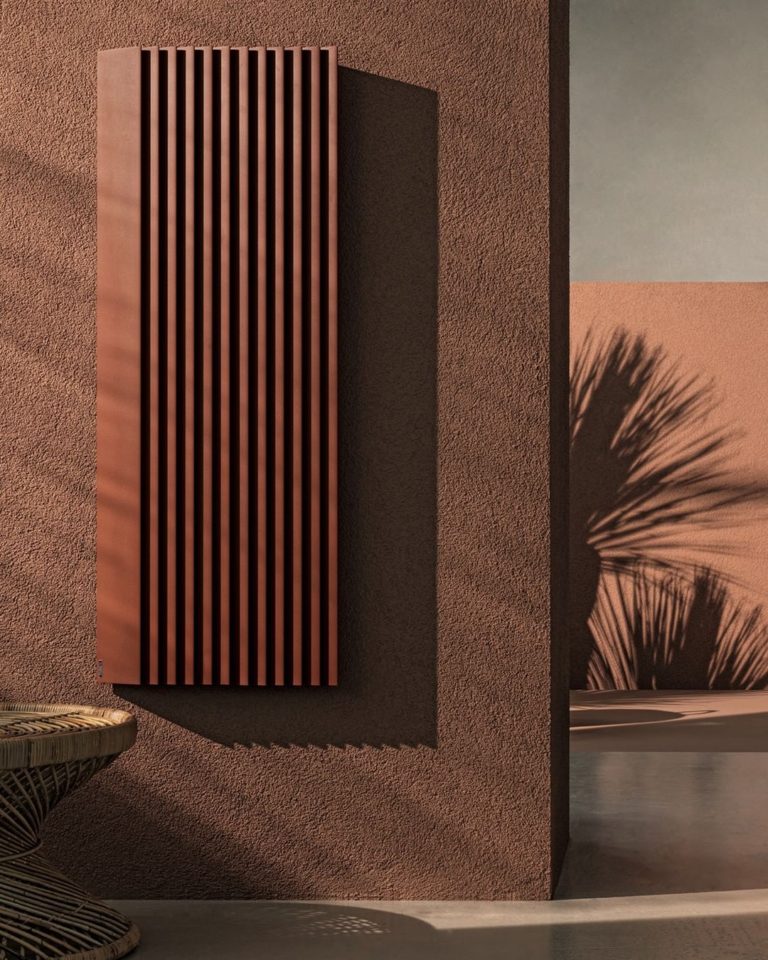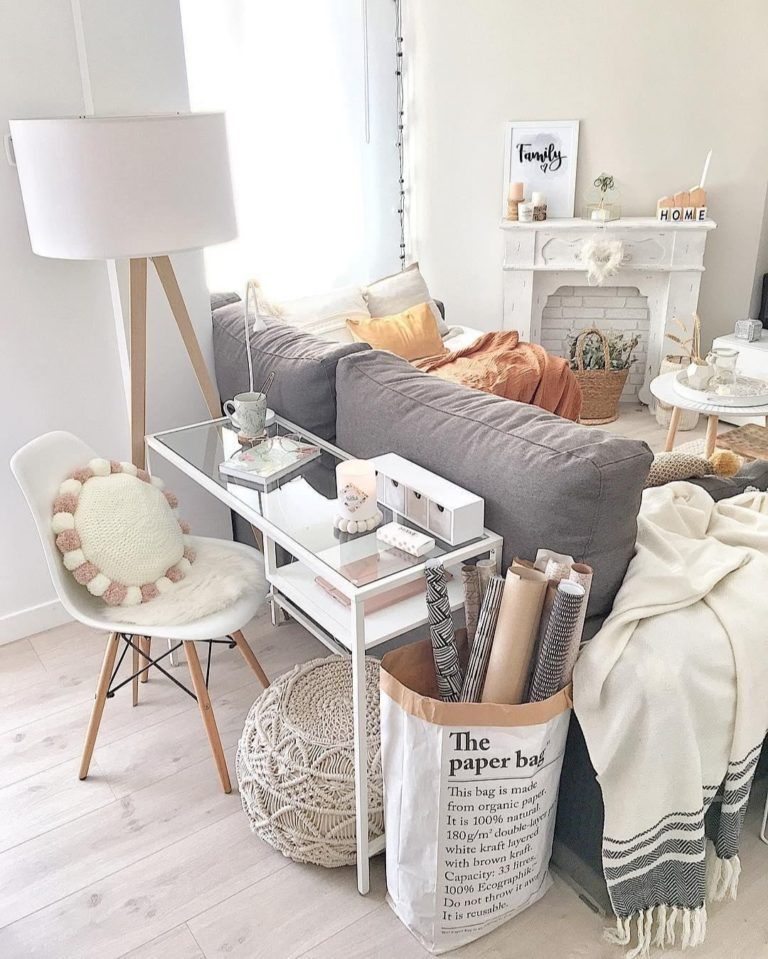5 Water Damage Restoration Tips
Water damage is every homeowner’s worst nightmare. This is the damage that is left behind by the floods are unbearable. Replacing the appliances can actually give you a run for your money, specifically because the damages come without a warning. Besides that, the floods and the resulting dampness puts your family at risk of contracting certain illnesses. Even the paint on the walls begins to peel off due to molds. The worst thing is that your home might eventually become inhabitable due to the water, leaving you without an option but to stay in a hotel. Here is a list of the things you should do to counter the damages that are caused by floods.
Check the Source
Every flood has a source. This is because you can’t solve a problem unless you first identify the cause. In most cases, floods are caused by leaking or broken water pipes, a blocked drainage system, and a leaking roof. You can start by inspecting all the pipes just to be sure that none of them is broken or leaking. And in case one of the pipes is leaking, it’s advisable you shut off the main gate valve to avoid further wastage of water. Sometimes flooding can be caused by worn out or missing shingles on the roof. You should, therefore, inspect the roof to identify the affected part or call a roofing expert. If the water is flowing back from the drainage, you might have to unclog it by removing debris.
Remove Valuables out of the Affected Rooms
Allowing electrical appliances and furniture to remain in a flooded room is a recipe for disaster. For a start, the furniture will get waterlogged after absorbing moisture. Moreover, the moisture will create short circuits that can damage the functionality of electrical appliances. The cost of repairing such appliances can be a pain in the neck. It is therefore recommended you remove all your valuables out of the flooded room. If the weather is hot, you should actually take them outside so that they can dry in the sun. But if the weather is not favorable, you can opt to put them in another room that’s not wet.

Switch Off Electricity
Electricity doesn’t go well with water. Since there might be some wall sockets in either of the affected rooms, it’s always a good idea to switch off power from the main switch. This helps in preventing the chances of electrocution in case the water level rises above the wall sockets. You should also unplug all electrical appliances. However, you can opt to not switch off the power for the rooms that are not affected, such as the bedrooms above the ground floor.
Clear the Floods
Floods should be eradicated as soon as they happen. This is because they encourage the accumulation of pests and bacteria that can infect your family with diseases. Mosquitoes are particularly attracted by stagnant water. Besides that, the damage tends to be more intense when the floods are allowed to persist. You should, therefore, use all means possible to clear the water. You can actually use simple tools such as bucket and mop to dry the floors. Once you are done, you should leave the doors and windows open as it helps in accelerating the drying process.
Consult a Restoration Expert
As a homeowner, you may not have all the tools that are needed for restoring water damaged. And since the simple drying you did may not be enough, it’s advisable you consult a reputable restoration company such as ServiceMaster Restoration by zaba. The advantage of working with such professionals is that they have experience in handling water damages to ensure that molds and stains don’t develop. They actually use special dehumidifiers to make the rooms dry faster.







